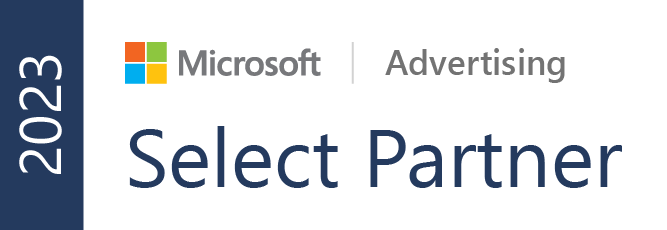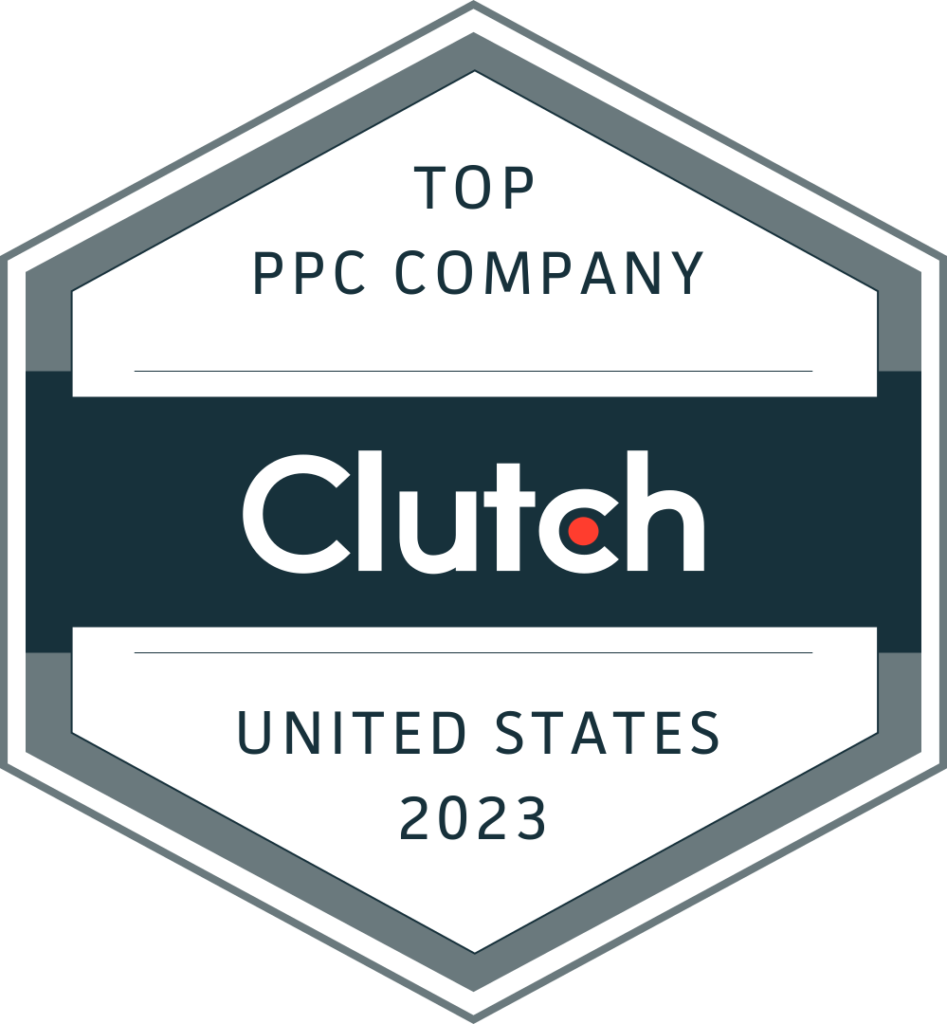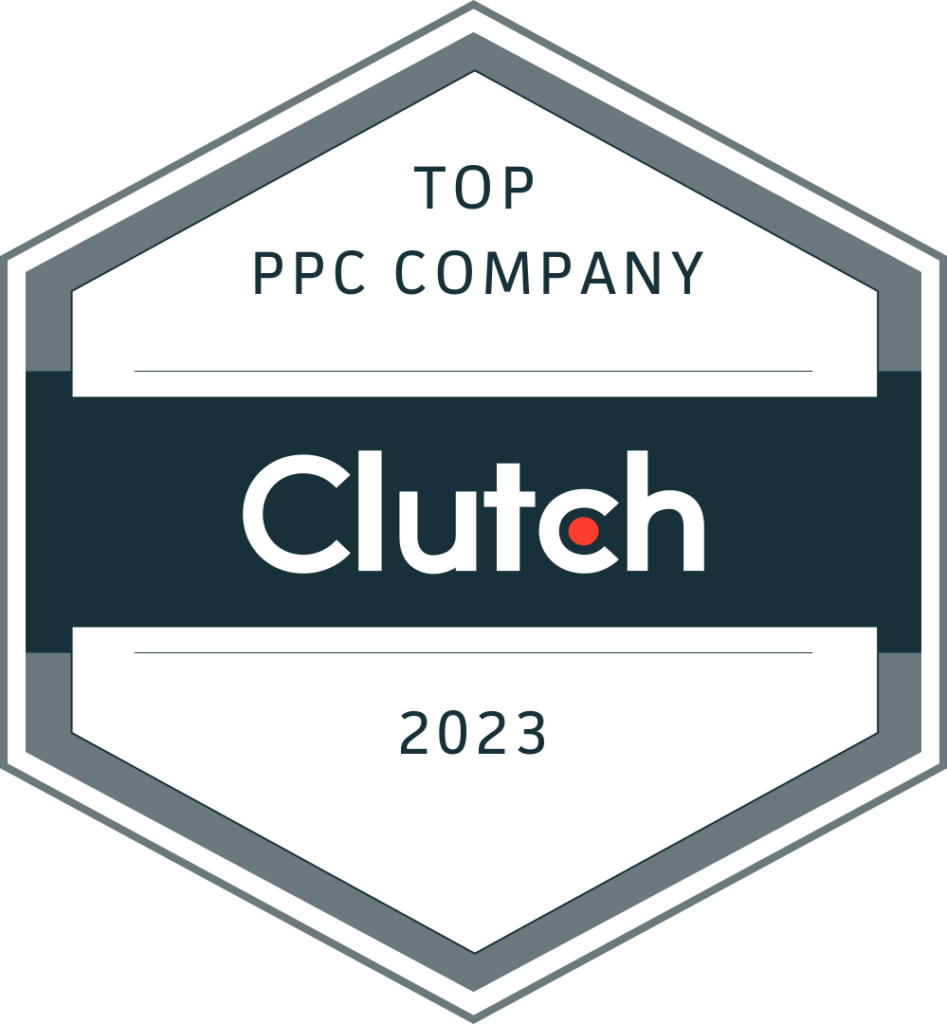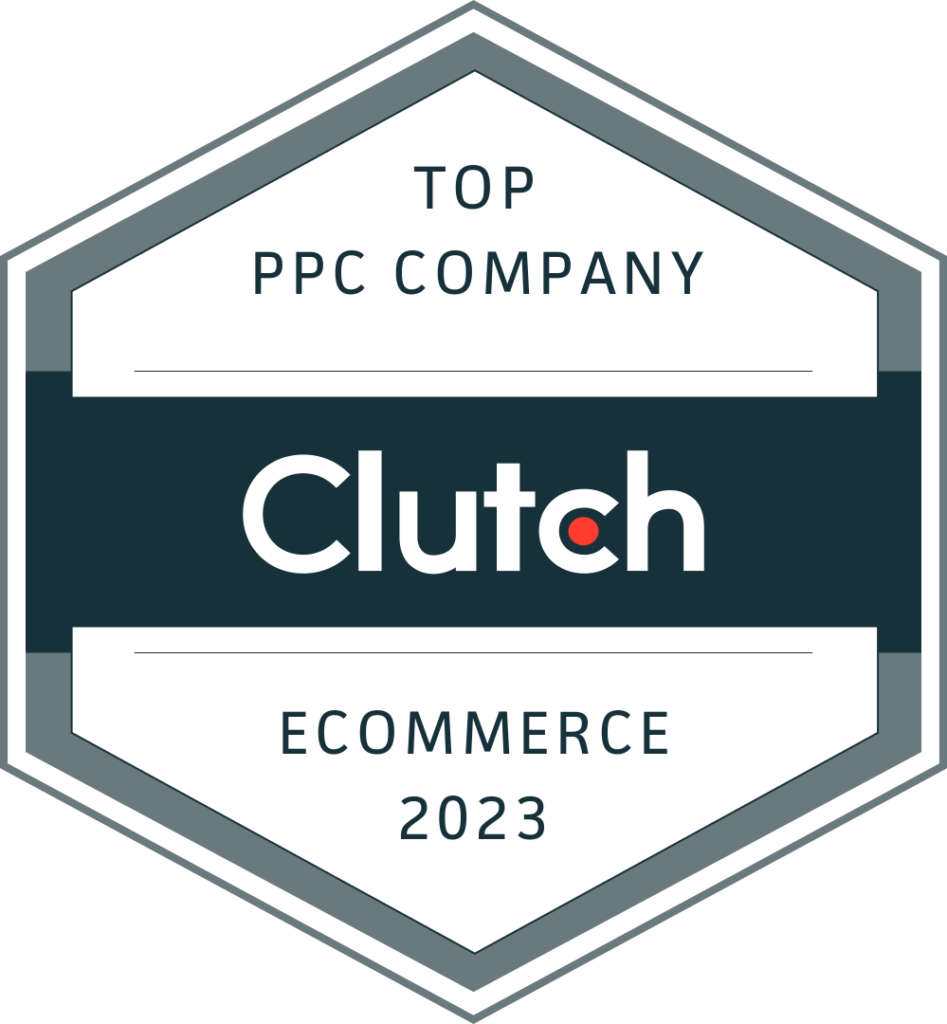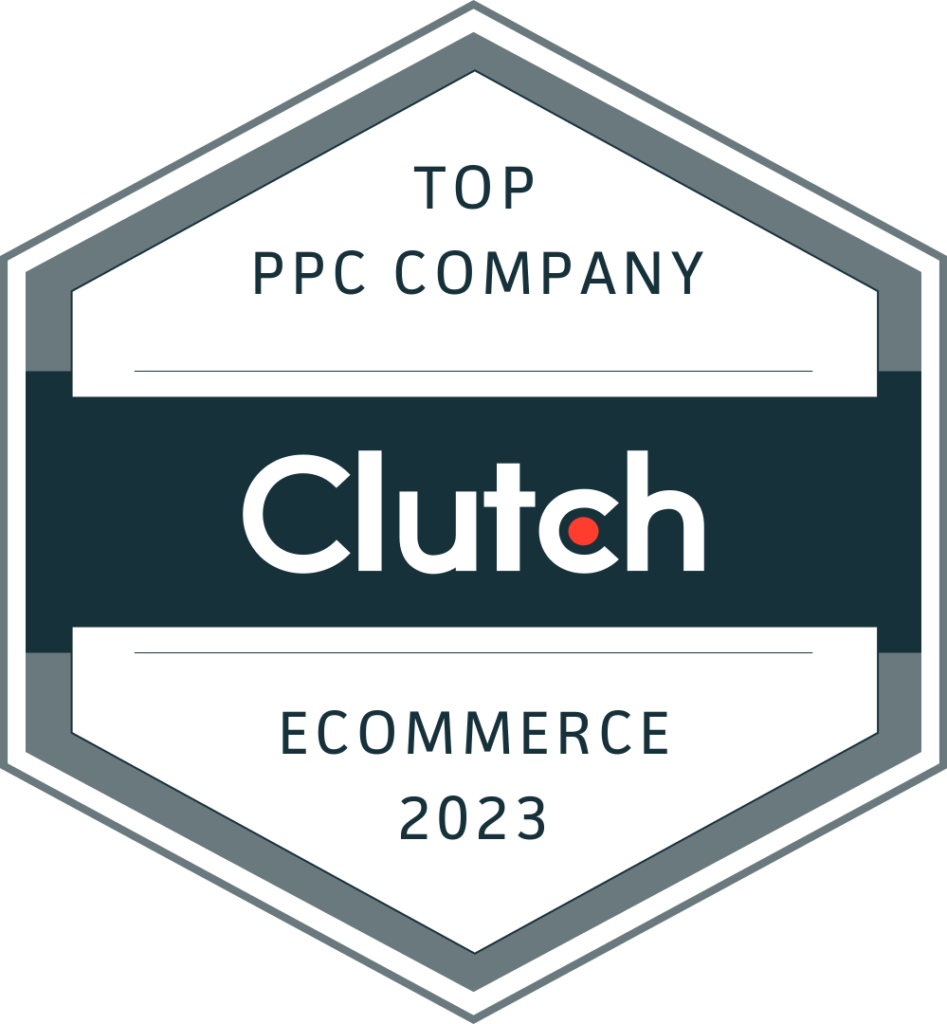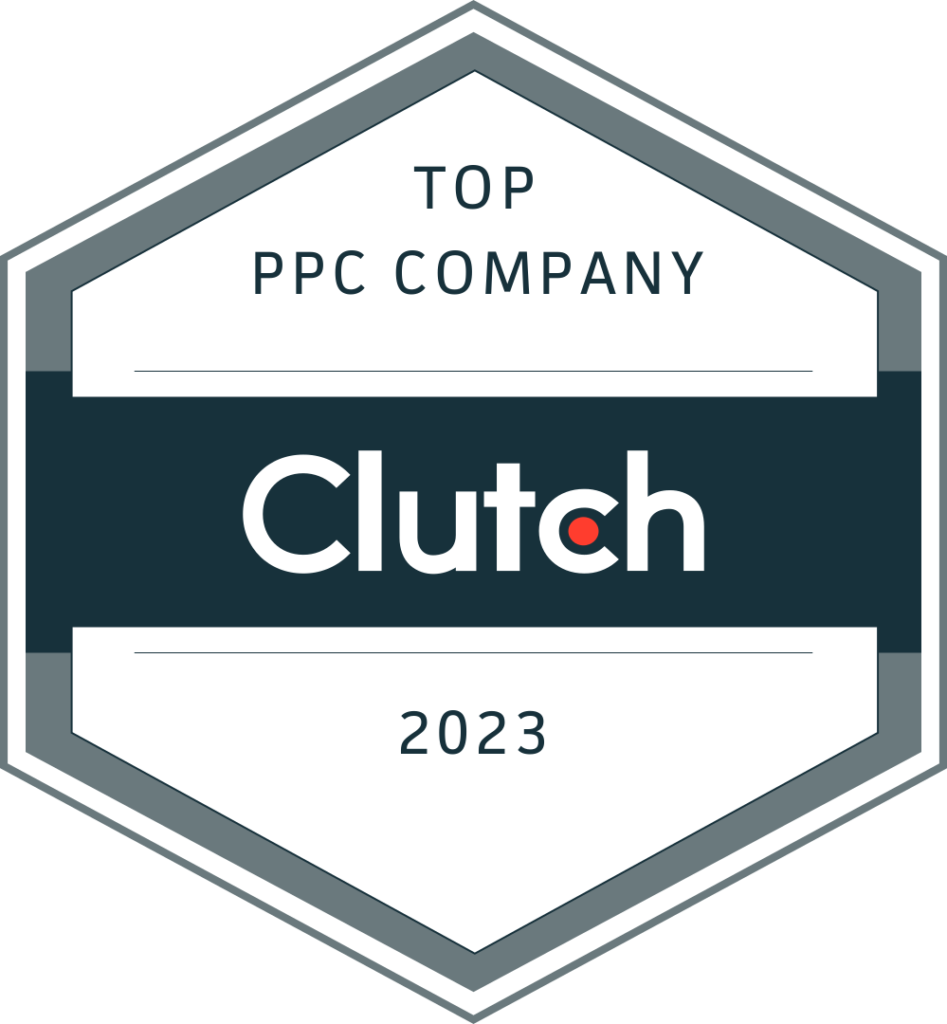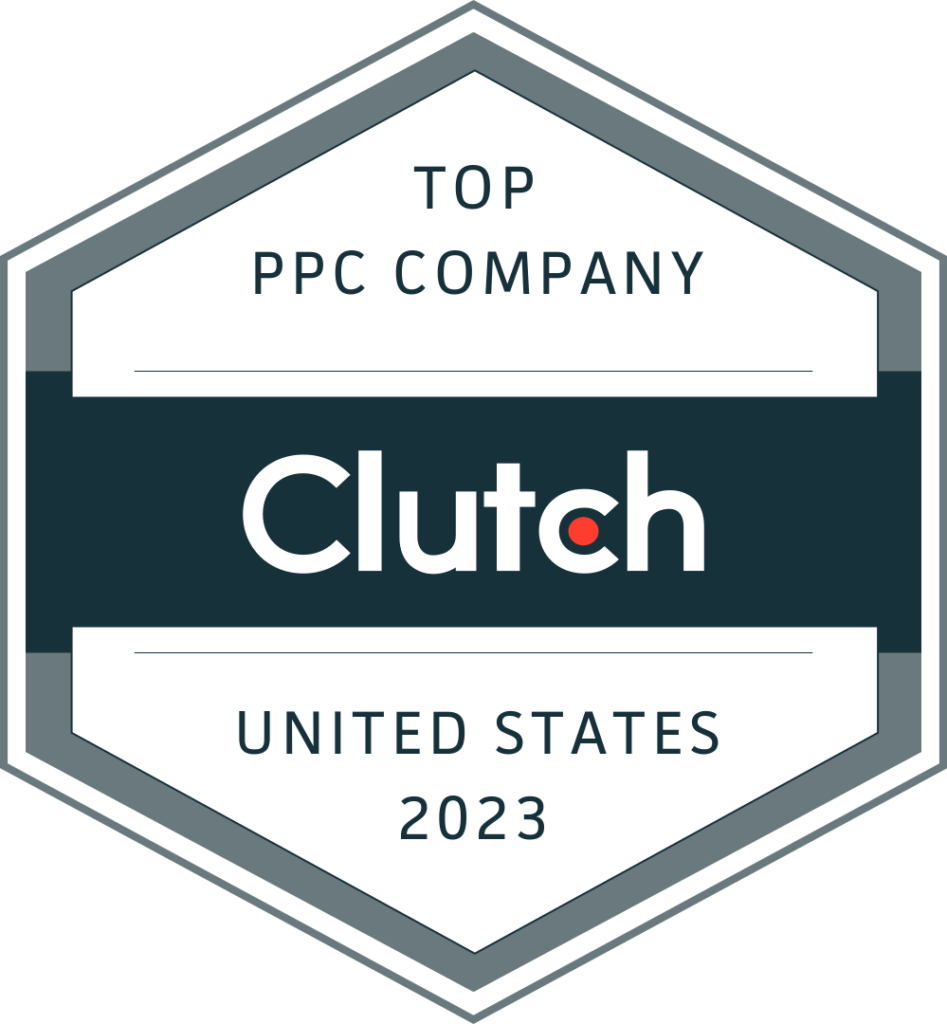
Episode 15
Myth's About Quality Score
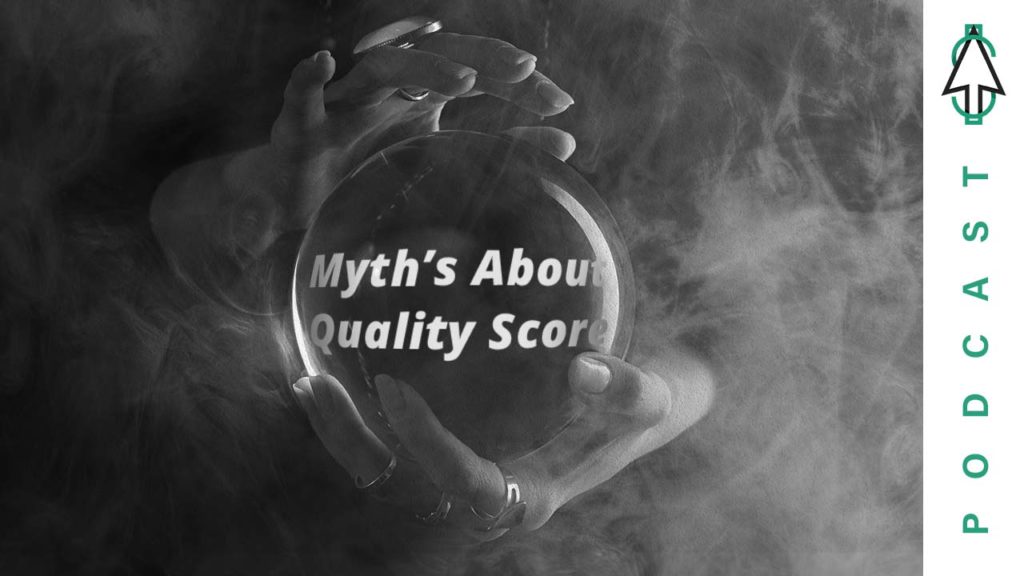
Watch
[00:00:20.550] – Speaker 1
All right. Welcome back to another episode of Paying for Attention. I’m Keegan Brown, and I am joined by Andrew Hollington, our director care strategy here. And so today, what we’re going to be talking about are myths about quality score. And I’m going to just jump right in because this conversation upsets me.
[00:00:39.080] – Speaker 2
Can I actually quickly start with. No, I just wanted to jump in real quick. You might notice some differences here from our previous episodes. I just want to give a shout out to the man behind the scenes, Daniel Danenberg. He’s done a great job with the place, and I just wanted to give him a shout out there. You’re going to see big things from paying for attention in 2022. So we’re excited.
[00:01:01.750] – Speaker 1
Thanks, angel. Yes, thank you, Dan. So myths about quality score. This is something that comes up pretty often with our clients. And even as our team really starts to learn and more more about Google Ads, the questions come up. And the first myth that I just want to dispel now is that it needs to be high to perform well. This is something that Google, I think, pushed early on. And I think a lot of somewhat experienced Ppcrs like to think about is the most important metric. And really they think that it needs to be a nine or ten. Otherwise you’re not optimized. And the reason why we like to think that it’s not important for it to be high to perform well is because really it’s all about the client’s goal or your goal. If you’re running the ads yourself and what your conversion rates are, what your cost per click is. And if you’re hitting that, if you’re profitable, great. Now, is quality score going to help if it’s higher make you be even more cost effective? Of course. But it doesn’t need to be a nine or ten for you to be able to have success within Google ads.
[00:02:22.370] – Speaker 2
Yeah, I agree with that. And I think the bigger thing you want to focus on is intent. You can’t really game Google’s automation and computers and worry too much about how they’re ranking your individual quality score. I would focus more on does my ad make sense for this keyword? Is that keyword the intent that my client wants is that going to get my client the best quality lead that they can get? And is that lead going to turn into revenue in the end for the client? Right. If we’re selling shoes, shoes as a keyword, I don’t care if I have nine or ten quality score on that, and I’m paying 90% less than the competition. Okay. You’re probably not selling a ton of shoes with that keyword. Right. I’d be just as happy with red Nike running shoes that is ranked with a six quality score, for example. But it’s profitable for my client, right?
[00:03:27.920] – Speaker 1
Yeah, and that’s exactly right. If somebody has the intent and they’re searching for your exact product. You should have a good quality score. But if you don’t, it’s not the end of the world. It’s not the most important metric. It’s not going to make or break the profitability of your campaigns. What’s important again, is that there’s that intent they’re actually buying. Because if somebody comes in and says, okay, well, you have a quality square of ten on shoes as a keyword. We’ll go ahead and spend all your budget there and see what happens. It’s not going to really work out the way that you want it to. So really something there that needs to really be aligned in your strategy and go from there.
[00:04:14.750] – Speaker 2
I don’t remember the last time I really did an indepth quality score analysis, because I don’t say that. No, I’m happy to admit it, because we set everything up with the intention and the ideas of quality score in the foundation. Right. And that’s all I really care about. If my search term to keyword to add copy to landing page experience is there and it’s what I want it to be, and I feel like that’s a good, solid funnel. I don’t really care what Google ranks it. Right. And if the performance is coming in, if I’m getting clicks, they’re converting. They’re converting into good leads, they’re converting into good sales. On the ecommerce side, it truly doesn’t matter. But that’s not to say it doesn’t matter. And I’ll hit on my earlier point because it does matter in the way that you need everything set up ideally to have a high quality score. Right. You need landing page experience. That’s really important. Is your landing page speaking to what your ad did? Is your keyword segmented enough, or does your landing page kind of have three of your different services there and your keyword is one of the three that’s probably not segmented enough that they’re probably getting a little confused in that experience there.
[00:05:39.020] – Speaker 2
So, yes, maybe it’s ideal to segment out a landing page for your specific keyword, but that’s where I would say it’s most important is foundationally, understanding the ideas and executing on those within all of your pieces that you have control of.
[00:05:56.690] – Speaker 1
It’s a good point. So you mentioned something in there. When you structure an account, you set it up with the idea of kind of aligning with quality score best practices. What about when you restructure an account and you lose that quality score? Right. You look at an account maybe have average of six quality score across your main keywords, but overall it’s not optimized. You restructure. It what’s happening.
[00:06:22.430] – Speaker 2
Yeah, it’s an interesting thought. A lot of people think you lose that quality score when you restructure the account. I don’t think so. I think the way that we strategize restructures is single keyword ad groups. Some of that is going to change this year because of a lot of the Google changes. But traditionally we like to take the manual approach. One keyword one ad group, break it out into exact match versus used to be broad modified. Now it’s race. But anyway, the foundation of that structure goes back to exactly everything we’ve been saying. Right. We’re trying to Hone in on what are the highest intent keywords. Let’s break those out, make sure our budget is optimized for those, and setting ad copy that speaks directly to that and then going to a landing page that makes sense for it. But back to your point. Yeah. Just because you restructured the keywords do have some historical data, I don’t think you lose the entire quality score. It may take some time for Google to learn your new structure, but you have some historical data there, especially if you used your best highest intent keywords previously. And then you’re just basically reorganizing them in new ad groups.
[00:07:44.370] – Speaker 2
Right. What are your thoughts on that?
[00:07:46.410] – Speaker 1
Well, I would ask you another question. So if somebody says, hey, Andrew, I get this whole restructure, it may make sense, but is it worth losing the quality score for Google to kind of take to learn that back over the next two, three, four weeks?
[00:08:02.750] – Speaker 2
Yeah. No, that’s a good question. And obviously clients would ask that. My thoughts on that is I want to set the foundation as good as possible. So, yes, I do think it’s worth it. It’s worth taking the one to two weeks for Google to learn it during that time. You can use more aggressive bids if you need to be extremely relevant. Right. Expecting that quality score is not going to be what it was. Use your bids aggressively. Make sure you’re and I would recommend layering bids. Right. Layer bids on intent, do some research. What did that keyword go for in your old structure? If that’s your highest intent keyword, maybe even put it in a different campaign, your tier one intent campaign, this campaign, I’m good with spending $15 cost per click because I expect conversion rate to be 10% here. That’s going to allow me to hit my cost effectiveness goals. Right. Then you can tier it out and say, all right, these mid tier keywords don’t have as high intent. I only want to pay $10 for them. So then you’re basically structuring based on what you’re willing to pay, what you expect performance to be.
[00:09:19.890] – Speaker 2
And it’s a really intelligent approach using historical data. What you know from these keywords past performance, and it kind of takes away that little one, two week lag while Google figures out your quality scores. And then in the end, you should be foundationally set up well enough to get over that minor hump. And now the entire account is structured in a way where you can do testing, you can add RSAs, do different things that you want to do. But that foundation is there, and it’s ideal.
[00:09:54.950] – Speaker 1
Yeah. And I think you mention one thing there about increasing your bids that first couple of weeks. It’s a strategy that we’ve tried to increase that expected click through. Theoretically, if you are normally in, let’s just say position three with this keyword now you’re going to be restructuring it. You might lose Quality Score for a couple of weeks. So you bid higher because theoretically if you bid up to get into maybe position two, on average, you’re going to have a higher click through rate, higher expected click through rate. You regain that quality score a little bit faster, and then you can kind of adjust bids later to kind of level out and make sure you maintain that cost effectiveness. And one thing that we’ve looked at while Andrew hasn’t been checking Quality Score, we do have scripts with most of our clients where we look at account level Quality Score averages. And what we do is pull that kind of historically. And then when we look at OK, this is the date that we launched to restructure. What we typically see is, let’s say an account has an average of four or five of a Quality Score.
[00:11:04.850] – Speaker 1
After we restructure about two months later, we’re usually about a six to seven and we usually see about a 20% decrease in cost per click and also a 20% increase in click through rate. Now it’s mostly from those restructures that we do and that’s why we take so much time strategizing that. And that’s where we actually do really like Quality Score and that it does help improve directionally. As your Quality Score goes up, you should be getting more cost effective, which is great. But in the end, as Andrew first mentioned, as long as you’re hitting goal great, that’s where you should start. But again, looking at Quality Score is not something that we would recommend maybe doing every day or every week, but quarterly every couple of months to make sure that you’re directionally going up in the right way and being able to break it down if you’re not into what’s going on and why that is.
[00:12:05.510] – Speaker 2
Yeah, perfect points. I mean, just to wrap everything up, I think to summarize, a lot of people are overly concerned about Quality Score. And basically the moral of the story is I think there’s a lot better ways you can spend your time in the accounts and make higher impacts than worrying about one keyword in its Quality Score. Right. Make some optimizations, do some tests. Don’t worry so much about Quality Score. It is important, understand the principles and work towards those principles. Watch it directionally, let it advise you as a metric, but it is not a top KPI you should really focus in on a weekly, monthly basis, check it out quarterly. I think that’s a good recommendation. And just know it’s probably not one of your top KPIs you’re going to be looking at every week. But it is important. It’s a good tool to use, but don’t focus solely on it, right?
[00:13:04.130] – Speaker 1
Yeah, and I think I’ll wrap it up with this. You know something that a lot of people in SEO and when you’re looking at organic rankings, a lot of people are trying to game Google’s algorithm to improve when if you really looked at it as a marketer, as a content writer, as being technically sound with your website, if you’re doing all the right things, you should have been improving your organic ranking. So if you are concerned that a keyword has a low quality score, maybe it’s like the best keyword possible for your business and it has a low quality score, I would highly recommend either really rethinking is this an important keyword for my business? Are people actually finding my business, calling me buying my products from this keyword organically or through paid? And if they are, look at the experience you’re giving them from your keyword, from your match types to the ad copy that you’re using to the landing page, you’re sending them to the product or service that you’re offering them. Because if you align all of those correctly to meet the searchers intent, Google will catch on and your quality score will naturally improve.
[00:14:22.200] – Speaker 1
So really look at the experience of your searchers rather than this metric that Google, we really don’t know all the real details of how those are being calculated. If you fix the searchers experience, you’re going to see better performance whether quality score changes or not.
Have a Question?
If you have a question regarding paid media, fill out the form below and we will do our best in answering it in our show.












